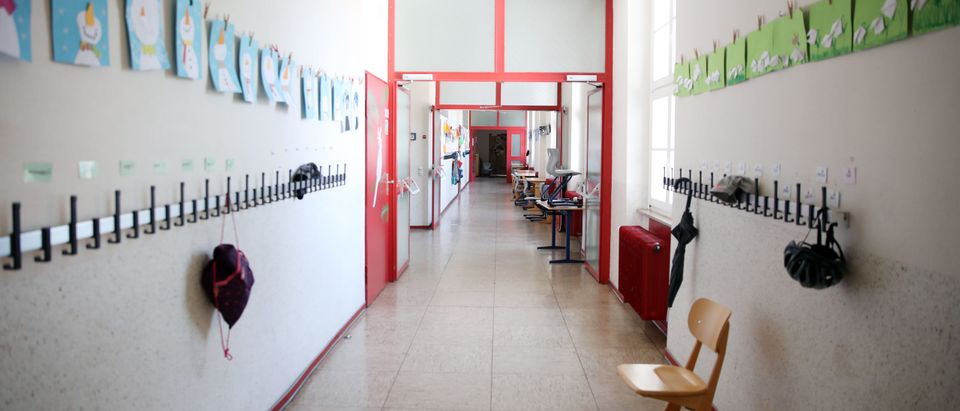More than 5,000 students in Alabama haven’t shown up for any class this year, preliminary reports show according to the state’s education superintendent, Eric Mackey.
“I’m very concerned about it,” Mackey told the Montgomery Advertiser. “It’s a very difficult year instructionally and that doesn’t even touch the surface on the issues we will have with these 5,000 students who are not in school and we don’t know where they are.” (RELATED: Positive COVID-19 Test Forces Two Alabama Schools To Go Virtual)
A small number of students who did not show up for school likely enrolled in private school. Some have returned recently, Mackey said, but they will not be counted because the official enrollment count ended 20 days after Labor Day.
5000 Alabama students haven’t shown up for any sort of class https://t.co/WYbmlK4JGO
— News 19 (@whnt) November 26, 2020
The students who aren’t in school will have a difficult time catching up on missed work and hundreds of teachers could lose their jobs because of the drop in enrollment, he added. Schools could also lose some state funding because the amount of money each school gets depends on the number of students enrolled.
Mackey told the Montgomery Advertiser that he hopes the funding problem can be avoided by the legislature altering the formula for allocating money. For example, the state could use the average number of students enrolled over the past 2 years rather than only relying on this year’s numbers.
Next year, “hundreds of teaching jobs” could be cut if the financial problem isn’t solved, the superintendent said.
“I have every expectation that once the pandemic ends, all of those students will come back,” Mackey told the Montgomery Advertiser. “The instructional problem will exist, but hopefully [the] financial issue will be taken care of.”
However, Mackey still worries about the educational gaps created during coronavirus, which forced many schools to switch to virtual learning. To address the educational gaps, the superintendent plans to ask the legislature for more funding for tutoring services and summer school, which schools may have to offer for several years.
“It will be an instructional problem next year and the year after,” Mackey said. “I think we’ll have to offer the most rigorous academic supports that we ever have.”
Final enrollment counts are expected in December, according to the report.


